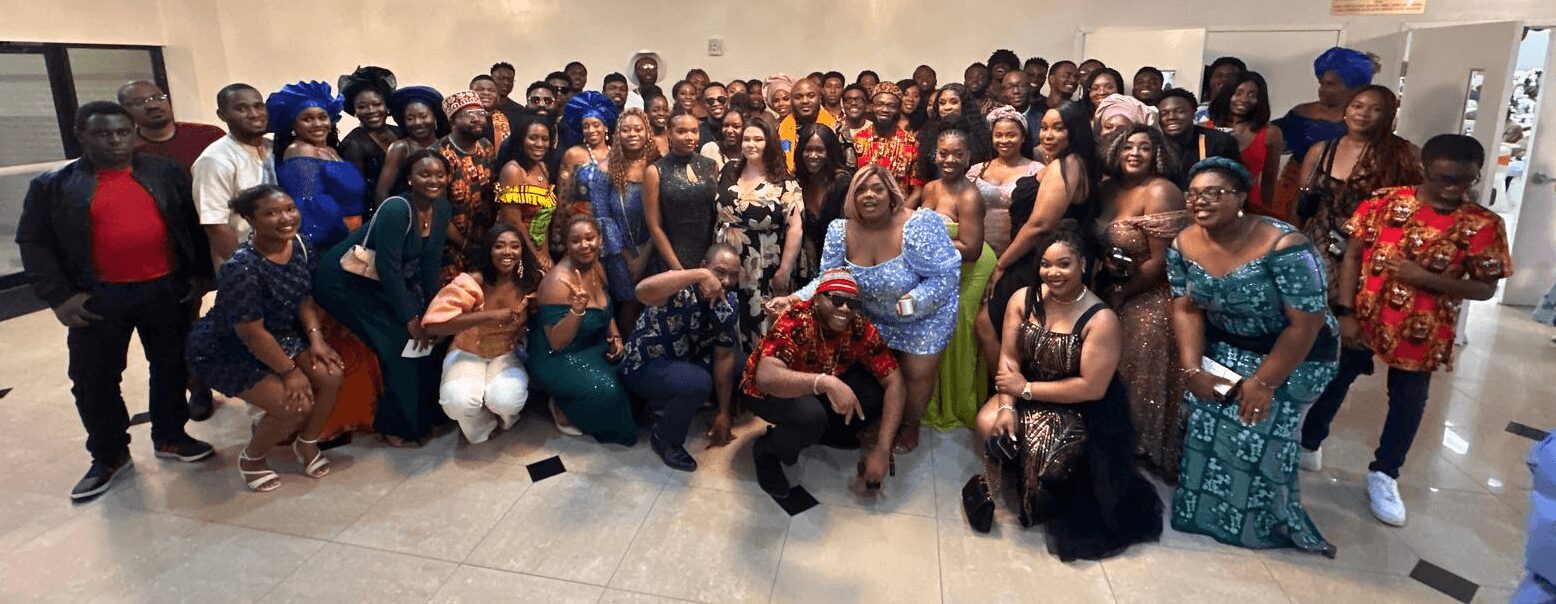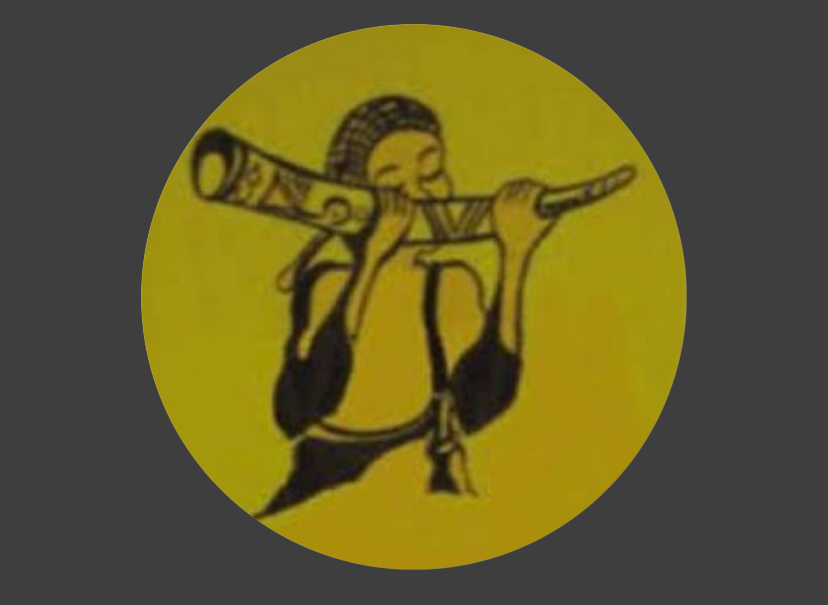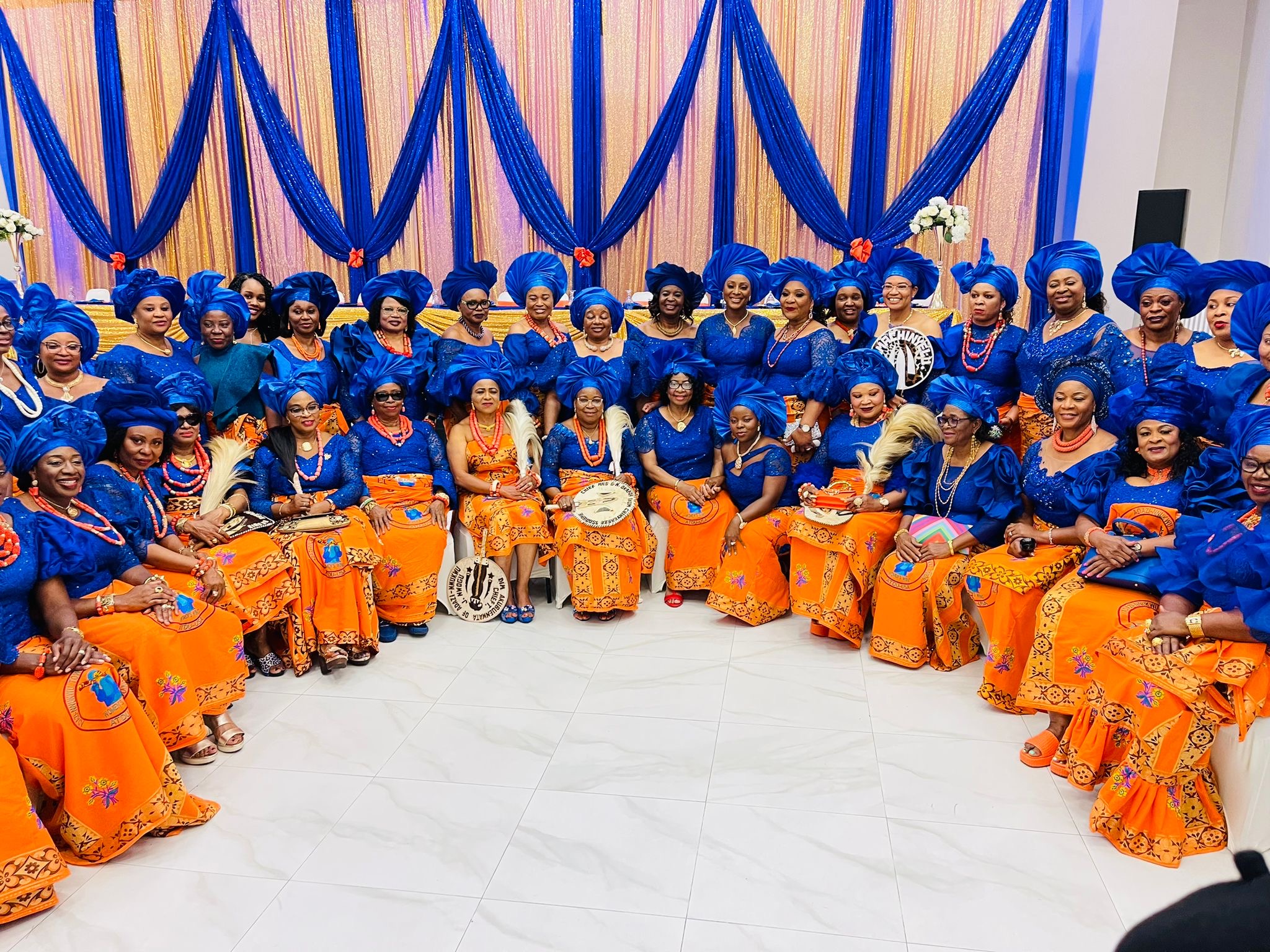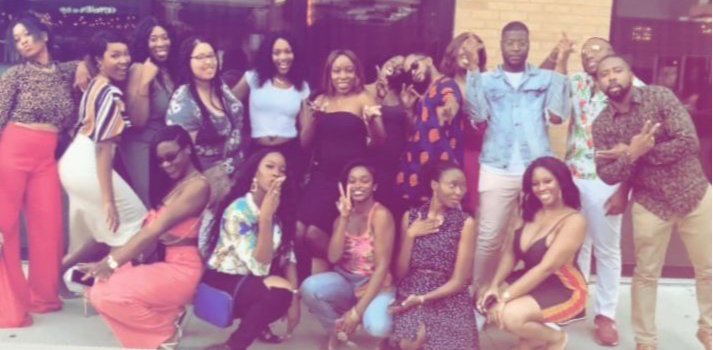

Valentine Ebunilo shared their story and experiences with us recently and you can find our conversation below.
Hi Valentine , thank you so much for taking time out of your busy day to share your story, experiences and insights with our readers. Let’s jump right in with an interesting one: What are you most proud of building — that nobody sees?
What I am most proud of building right now—something most people don’t see—is a community through ATDU. ATDU stands for Adazi Towns Development Union, more on that later. When people think of community, they think of gatherings, events, or just people being together. But what they don’t see is the foundation behind that togetherness.
We’ve all heard the saying, “It takes a village to raise a child.” But what does it take to raise a village? A village can raise a child, yes, but the real question is: with what values, what intentions, and what beliefs?
Not all villages are built the same. Some raise children who only survive, while others raise children who lead. ATDU is my village-building. And the one I’m building will not just raise great children, it will raise leaders who can carry our culture, our legacy, and our future forward.
Can you briefly introduce yourself and share what makes you or your brand unique?
My name is Valentine “Nonso” Ebunilo. I am a logistics professional and the founder of inMind Productions & Products LLC, but what drives me most right now is my work in community building. I am deeply involved with the Adazi Towns Development Union (ATDU), where my focus is on creating a structure that goes beyond meetings and conversations, I am building a true village.
What makes this unique is the intention behind it. Many organizations gather people; few create systems that shape values, strengthen identity, and set up the next generation for legacy. My vision is to raise a community that doesn’t just exist for today but produces leaders who will carry our culture and our story into the future. That’s the work I’m committed to—building the kind of foundation that lasts.
Okay, so here’s a deep one: What’s a moment that really shaped how you see the world?
A moment that really shaped how I see the world was when I moved to Arizona alone to attend Arizona State University. For me, that wasn’t just about school—it was about courage. I was raised in an environment where survival and fear were constant lessons, and Nigerian culture often shames or frowns upon leaving home. But stepping out on my own showed me that courage creates opportunities fear will never allow.
Through that experience, I realized something powerful: culture can either be used to control or to thrive. My Igbo heritage gave me discipline, structure, and a deep respect for education. Those are the values that became my foundation when I had to stand on my own in a new state. But I also saw how those same cultural values could be twisted into fear, restriction, and limitation if we allow them to be.
That’s part of why I work so intentionally with the Adazi Towns Development Union (ATDU). For me, it’s about building a community where Igbo values aren’t just about survival or holding people back—they’re about empowerment, leadership, and raising a village that can thrive anywhere in the world.
And while I know this tension between tradition and growth isn’t unique to Igbo culture, I can only speak from my own. My responsibility is to uplift my people by showing how our culture, when applied with courage instead of fear, produces leaders—not just survivors. Those of us who still cling to fear will watch from the sidelines, while those who embrace courage will be the ones to carry our legacy forward.
What fear has held you back the most in your life?
The fear that has held me back the most in my life is the fear of acceptance. For a long time, I tried to do whatever I thought would make me “acceptable” in the eyes of others—especially my elders. I found myself trying to squeeze into boxes that didn’t fit me, just to hear the words, “You’re doing good.”
In Nigerian and Igbo culture, respect is often tied to career paths like medicine, engineering, or law. But I had no interest in any of those. That created a constant tension between who I really was and who I was expected to be. I carried shame for not choosing those fields, and I feared being looked at as a failure because of it.
What I’ve learned, though, is that acceptance based on conformity is not real acceptance. The courage to step out of that fear and build my own lane—through logistics, leadership, and now community building with the Adazi Towns Development Union (ATDU)—has been freeing. I no longer chase validation. I’m building something that lasts. And while others are still waiting to hear “you’re doing good” from the crowd, I’m focused on building a legacy that will speak for itself.
Next, maybe we can discuss some of your foundational philosophies and views? What’s a cultural value you protect at all costs?
The cultural values I protect at all costs are discipline, structure, and community. Growing up, I lived in two very different worlds—attending an inner-city school in the LAUSD district, while being raised at home by first-generation Igbo immigrant parents. That contrast forced me to make choices about who I wanted to be.
The values I received at home kept me from falling into the streets, bad influences, or the wrong crowds. Discipline made sure I stayed on top of my schoolwork—failure in school simply wasn’t an option. And the sense of community I saw in my culture kept me grounded. Even when life wasn’t perfect, knowing there were other kids living like me—with both the good and the bad—gave me a place where I belonged.
Those values showed me something important: the foundation for greatness is already there. Discipline. Structure. Community. If we already have the tools, why should we fear the outcomes? Our culture equips us to shape them.
That’s the same message I’m carrying into the Adazi Towns Development Union (ATDU): our values aren’t meant to restrict us—they’re meant to empower us. If we choose courage over fear, we can build a community that doesn’t just survive in America, but thrives and leaves a legacy
Okay, so before we go, let’s tackle one more area. What do you think people will most misunderstand about your legacy?
What people will most misunderstand about my legacy is my relationship with my culture. Some will say I’m too critical of Igbo culture, or that I don’t respect my elders. The truth is, I don’t hate my culture—I love it so much I dare not sit back and watch it crash.
I’m critical because I know the greatness that lives within it. My goal isn’t to erase Igbo culture—it’s to extract the food, the values, the discipline, and leave behind the trauma that’s been carried since the Biafran war. That trauma has shaped us into surviving, but I believe we are meant to do more than just survive.
Respect is another area people may misunderstand me. I respect my elders deeply. But I’m not okay with a culture that treats respect as entitlement. To me, true respect is not demanded—it’s demonstrated. It’s passed back and forth. And when elders model respect in how they lead and how they treat the next generation, it doesn’t weaken their authority—it strengthens it. That’s the kind of respect I stand on.
Finally, some will think my legacy is only for Igbos. That’s not true. Igbo culture is my foundation, but my legacy is for anyone who wants to thrive, not just survive. What I’m building may start with Igbo values, but it will expand into a blueprint for leadership, empowerment, and community that others can step into
Contact Info:
- Instagram: Valinciago

















